Treatment of periodontitis

specialists

equipment

treatment
Symptoms
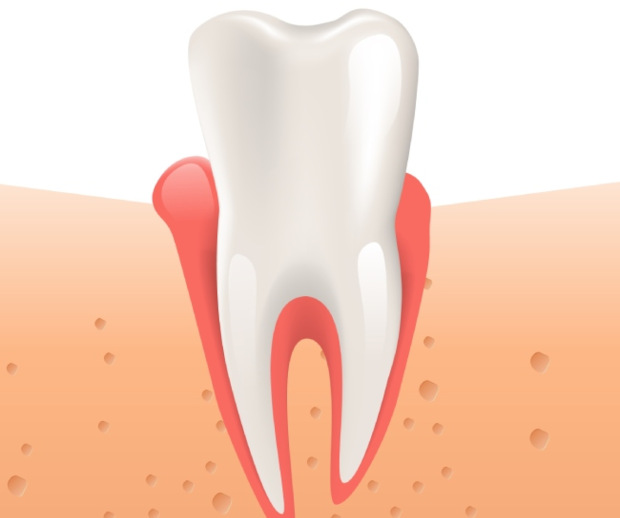
Signs of jaw periodontitis include:
- Sharp pain in the area of the affected tooth, especially when touched
- Swelling and redness of the gums
- The appearance of a fistula - a small hole in the gum through which pus flows
- Feeling of heaviness and fullness when chewing
- Tooth mobility
Periodontitis can be asymptomatic for a long time. It is often detected accidentally, for example, during an X-ray examination of adjacent teeth. Upon examination, the doctor may detect swelling of the gums and wounds from which pus is released.
Classification
Periodontitis can be acute or chronic. The acute form develops quickly, accompanied by severe pain, swelling and redness of the gums, and in the case of purulent periodontitis - the formation of pus.
Most often, dentists detect chronic periodontitis. This is due to the fact that the acute form quickly becomes chronic due to insufficient treatment or lack thereof.
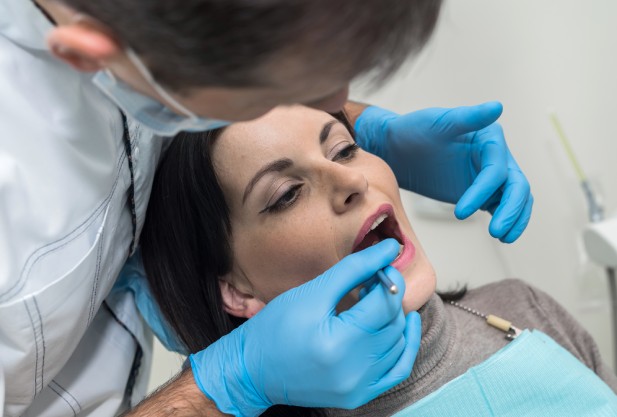
Chronic periodontitis of the tooth has less pronounced symptoms. It comes in three types:
- Granulomatous Accompanied by the formation of small nodules in the gums
- Granulating Characterized by the proliferation of granulation tissue and gums
- Fibrous The tissue around the tooth becomes denser
Complications
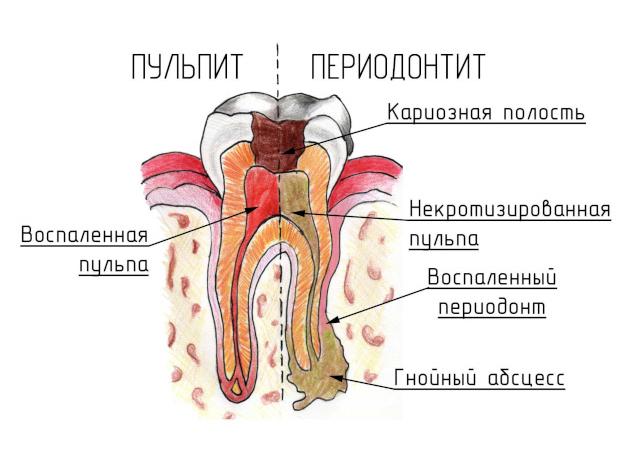
If medical errors are made during the treatment of dental periodontitis, inflammation and infection may spread to adjacent tissues. This leads to the following complications:
- Fistula
- Cyst
- Abscess
- Phlegmon of the maxillofacial area
- Osteomyelitis of the jaw
- Sinusitis
If pus from an abscess and phlegmon is not removed in a timely manner, it can spread throughout the body and lead to death.
How to get rid of periodontitis
Treatment methods for periodontitis are divided into conservative and surgical methods, each of which has its own indications and methodology.
Conservative methods
Conservative treatment methods include:
- Mechanical and medicinal cleaning of canals from infected tissues and their disinfection. Effective in the early stages of periodontitis. The process uses endodontic files and reamers to help the doctor remove diseased tissue within the canal accurately and efficiently. Antiseptic drugs are also used to eliminate bacteria and toxins, completely disinfect the canal and prevent the spread of infection
- Sealing after cleaning and disinfection of the canals. The doctor uses materials that ensure hermetically sealed canals, prevent re-infection and provide long-term tooth protection
- Physiotherapeutic procedures. Additionally, the patient is prescribed UHF therapy, electrophoresis and laser therapy. They speed up the healing process, relieve inflammation and improve blood circulation in the affected area
- Taking antibiotics to fight a bacterial infection. The drugs eliminate inflammation and prevent the spread of infection
Effective treatment of periodontitis requires a professional approach and should be carried out strictly under the supervision of a dentist.
The first phase of the pathological process
Surgical treatment methods include:
- An incision to remove accumulated pus from the inflamed area. This reduces pressure in tissues, speeds up their recovery and alleviates inflammation
- Resection of the tip of the tooth root followed by filling of the apical portion of the canal. It is used when conservative treatment does not bring results, and it is necessary to remove infected tissue in the root apex area
- Complete removal of the tooth root. A more radical method used in cases where saving the tooth is impossible due to serious damage to the tissue and bone structure
- Complete tooth extraction. A last resort measure used in the most severe cases when other treatment methods are ineffective. This method leads to the need for subsequent prosthetics to restore the function and aesthetics of the dentition
Home Remedies to Relieve Symptoms
In addition, there are home remedies to alleviate the symptoms of periodontitis. They are recommended to be used only as an emergency aid to reduce pain and inflammation. Treatment with folk remedies does not replace professional treatment by a dentist.
To eliminate discomfort, it is recommended to rinse the mouth with a 0.05% chlorhexidine solution up to 4 times a day. You can also use a 20% aqueous solution of dimexide.
Iodine tincture has proven itself well. To prepare it you will need 5-6 drops of iodine and 150 ml of boiled water. You need to rinse your mouth 3 times a day.
Soda and saline solutions will help get rid of unpleasant symptoms. It is enough to dilute 0.5 teaspoon of each product and rinse the mouth every 2 hours.
In addition, it is useful to use natural-based infusions and lotions. For example, a decoction of sage, onion juice or onion peels, as well as propolis reduce bleeding gums.
General information about the treatment of periodontitis
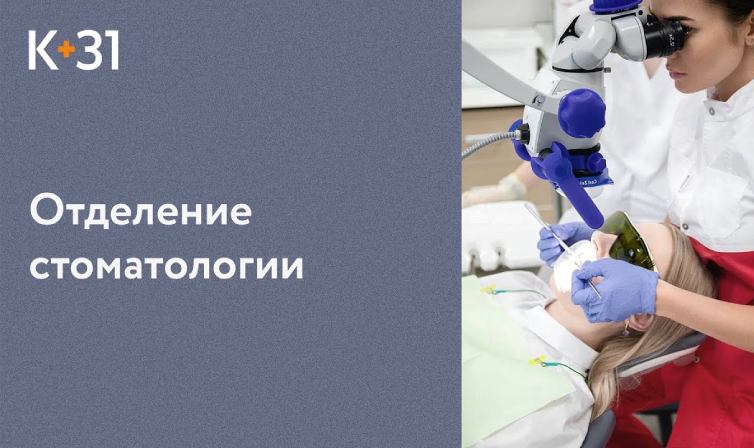
Modern methods of diagnostics and dental treatment at "K+31"
Our doctors

This award is given to clinics with the highest ratings according to user ratings, a large number of requests from this site, and in the absence of critical violations.

This award is given to clinics with the highest ratings according to user ratings. It means that the place is known, loved, and definitely worth visiting.

The ProDoctors portal collected 500 thousand reviews, compiled a rating of doctors based on them and awarded the best. We are proud that our doctors are among those awarded.
Make an appointment at a convenient time on the nearest date
Price
Answers to popular questions
How much does it cost to cure periodontitis of a tooth?
The prevention and treatment of periodontitis in the clinics “K+31” in Moscow are carried out by dentists with extensive clinical experience. The dental department is equipped with everything necessary for high-quality diagnostics and therapy. We offer clients both conservative treatment of periodontitis and surgical methods. Dentistry also provides services of prosthetics, teeth whitening, cyst removal and others.
How much does it cost to cure periodontitis of a tooth? The exact cost depends on a number of factors: the level of the specialist and the clinic, the drugs used during treatment, the exact diagnosis, the number of required visits to the doctor, etc.
You can make an appointment with a doctor at a time convenient for you by phone. Get information about the nuances of the procedure, find out the cost of treatment of dental periodontitis, check out the services and promotions of our clinics.
Other Services

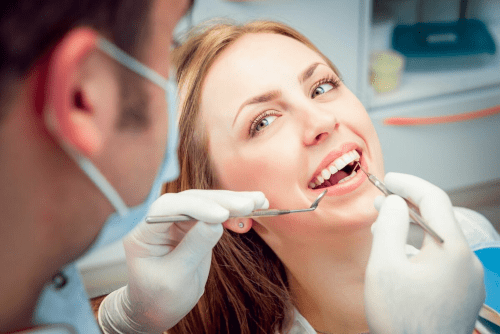
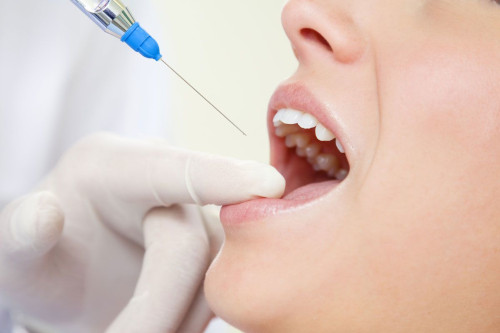
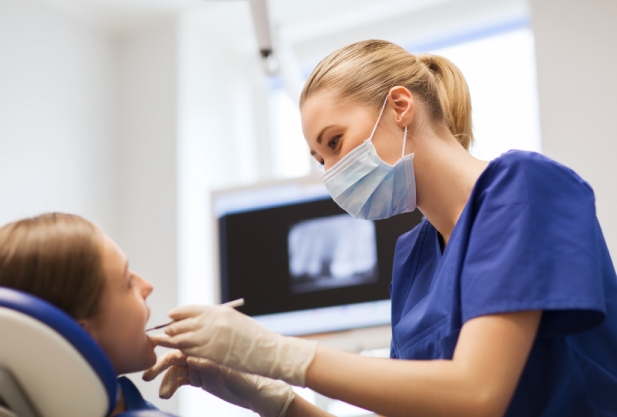
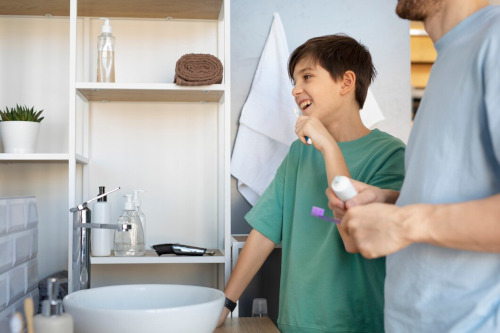

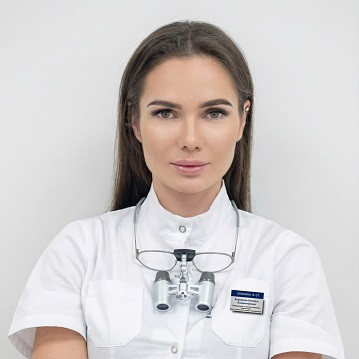
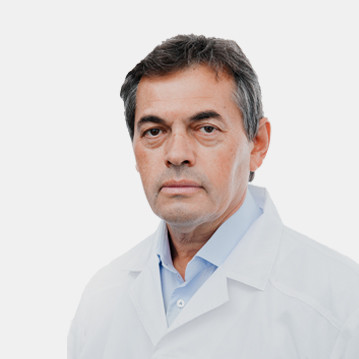
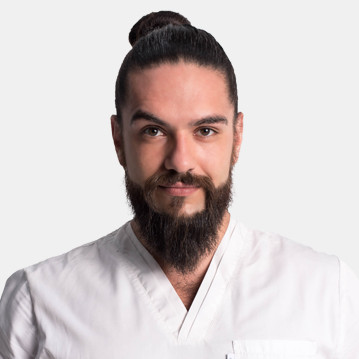
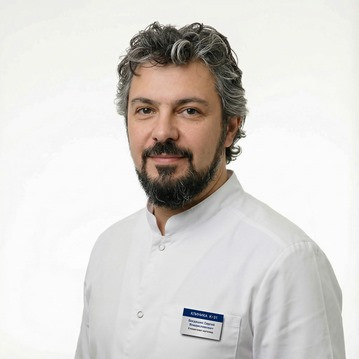
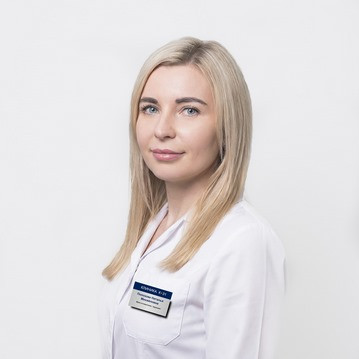
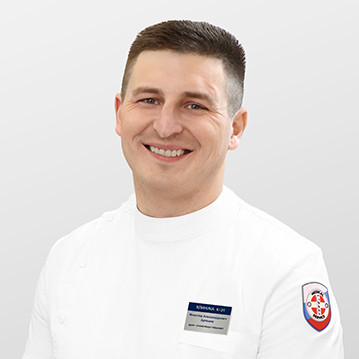
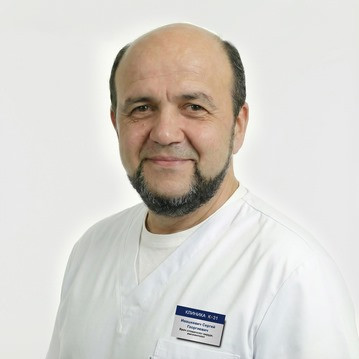

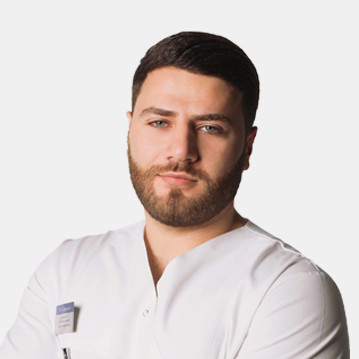
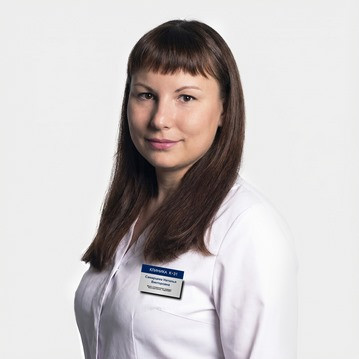

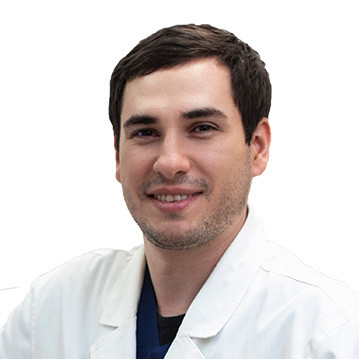
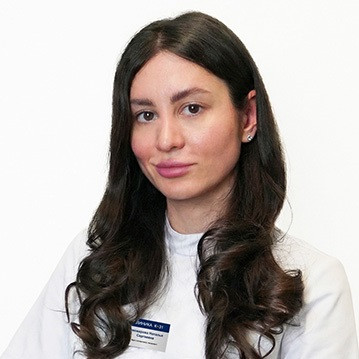
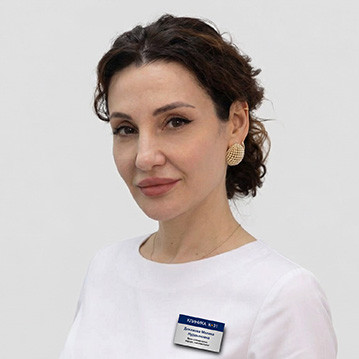
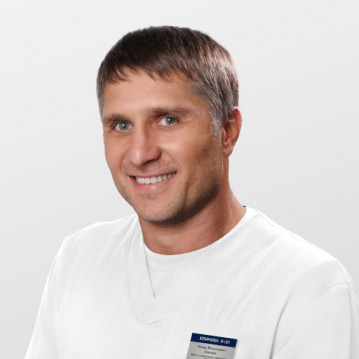
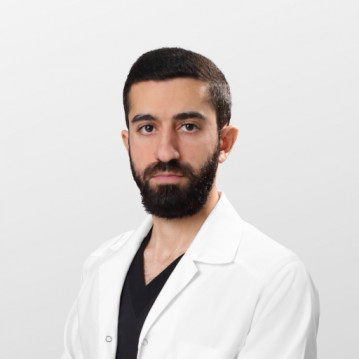
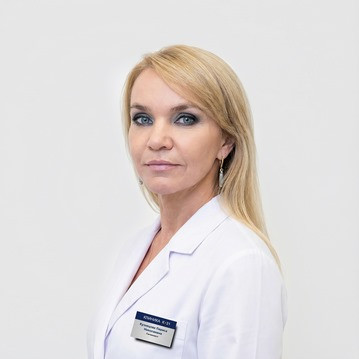

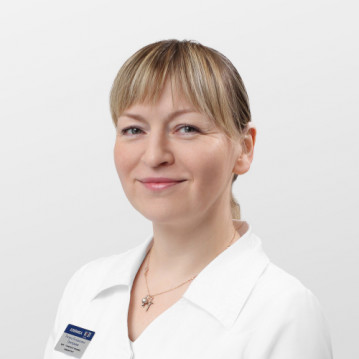
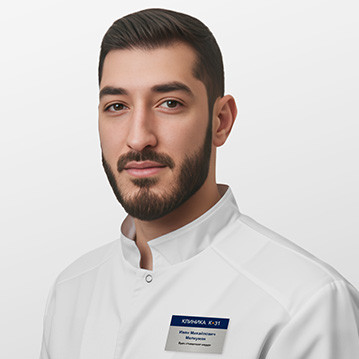
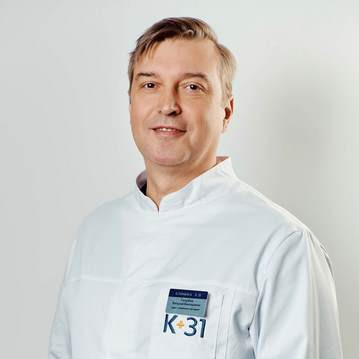
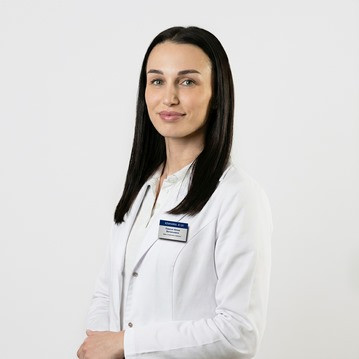
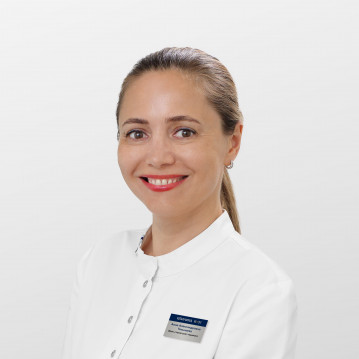
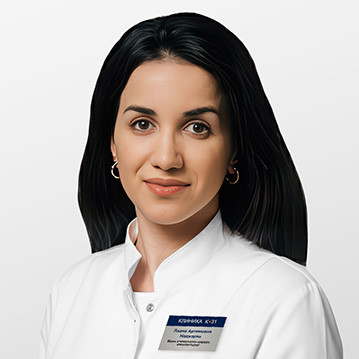
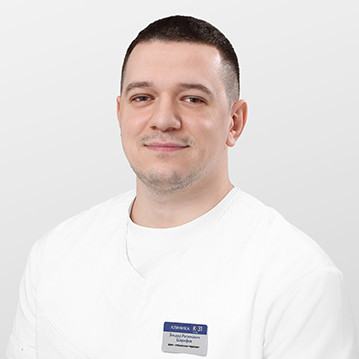
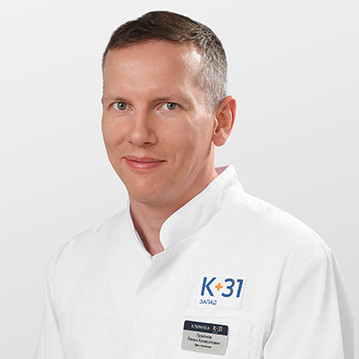
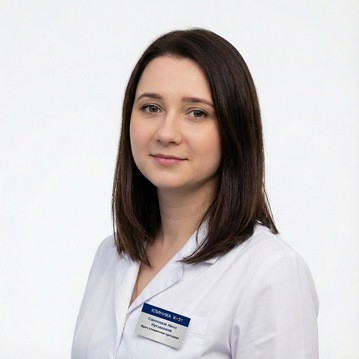
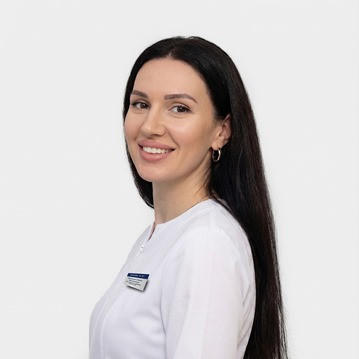

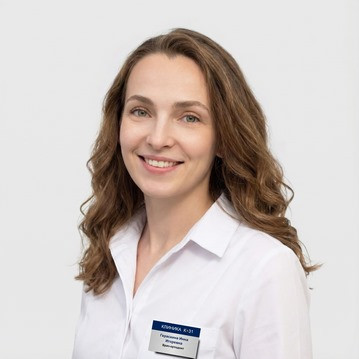
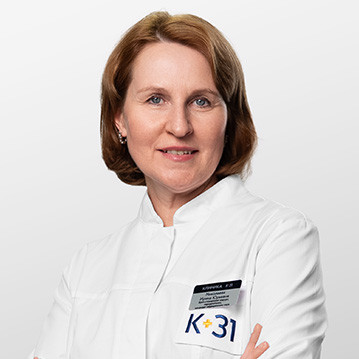
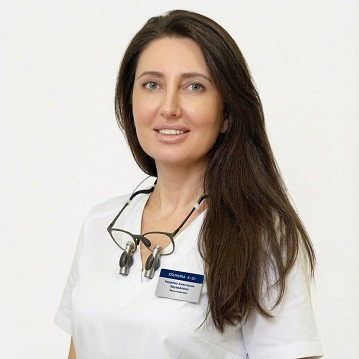
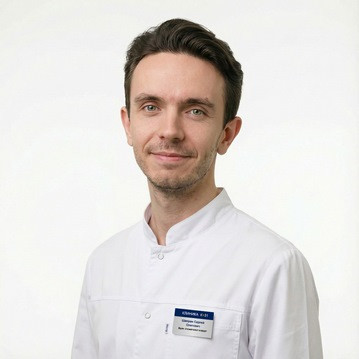

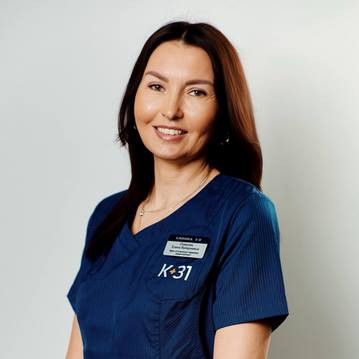

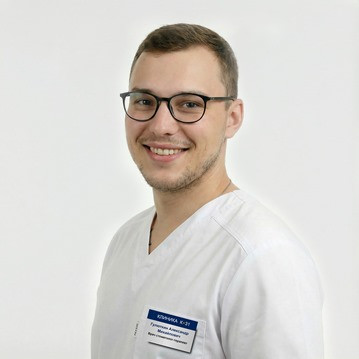

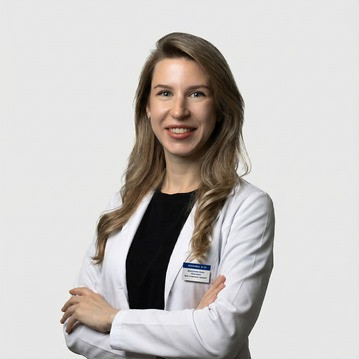
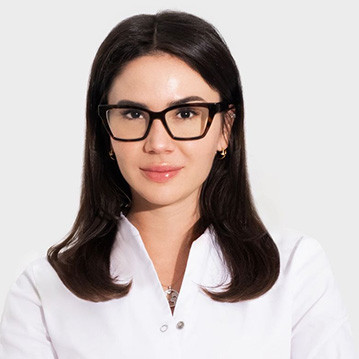
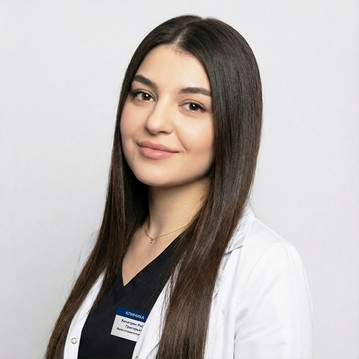
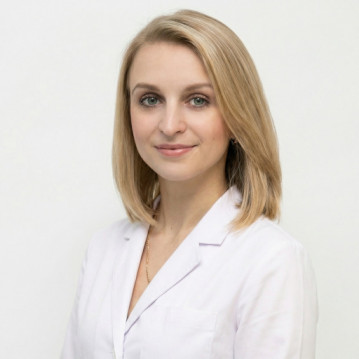








Reasons for the development of the disease
Most often, periodontitis occurs due to poor oral hygiene. Inadequate brushing of teeth leads to the accumulation of plaque, which is made up of bacteria, saliva, food debris and dead cells. Over time, this plaque turns into tartar and leads to inflammation.
Other factors in the development of periodontitis include:
In addition, periodontitis can occur in patients with tonsillitis, sinusitis and other diseases of the respiratory tract and nasopharynx. This is due to the entry of dangerous bacteria into the gums through the bloodstream.